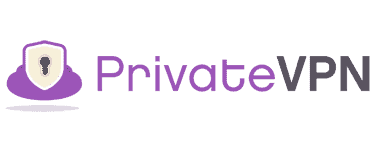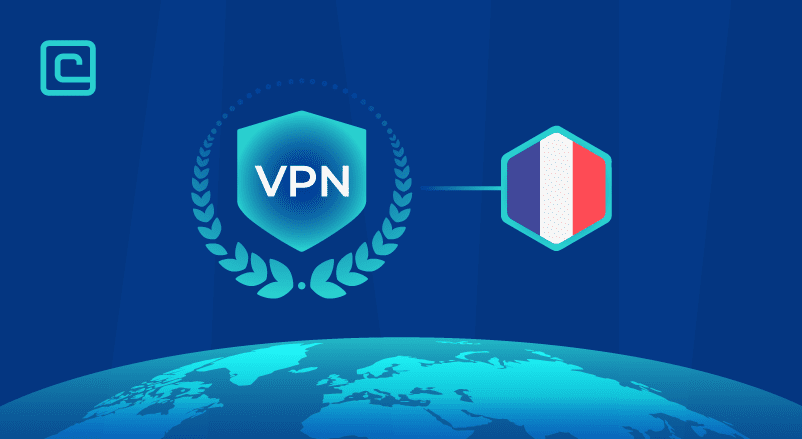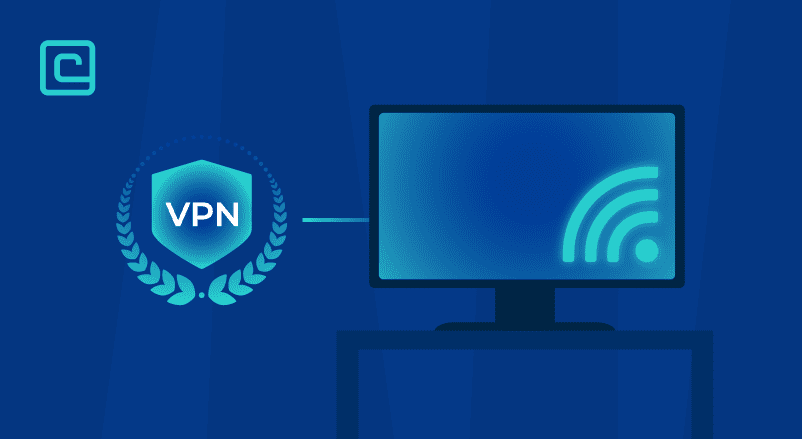What Does a VPN Hide?

A VPN is a great tool for keeping your online activities private. It helps protect your browsing and can even unblock content that’s not available in your area. But, what exactly does a VPN hide? Can it really keep your browsing history secret from your router or ISP?
A VPN does a good job of hiding most things, but there are some exceptions. Some things might not be hidden as well as others. Let’s explore what a VPN can hide and what it can’t.
What Does a VPN Hide?
A VPN is all about keeping you safe and private online. It keeps hackers, snoops, and even advertisers from seeing your online activities. It uses strong encryption to mask your online behavior.
Here’s what a VPN hides:
- Your real IP Address
- Your location
- Browsing from ISP
- Surfing from Employer
- Torrenting and P2P
- Personal Data
Your Real IP Address
When you connect to a VPN server, it hides your real IP Address. All your internet traffic goes through the VPN server first. Then, it reaches its destination using the VPN server’s IP address.
A VPN really protects your IP if it has a strict no-logs policy and no IP leaks. If no logs are stored, it’s impossible to link your browsing to you.
But, a VPN can reveal your IP if it leaks it. This could happen due to a bad setup or an accidental disconnect. If your VPN leaks your IP, it’s a big privacy problem. You should switch to a better VPN provider.
Your Location
A VPN changes your location when you connect to a server. Websites usually detect your location by IP address. So, if your IP changes, your location does too.
This lets you access geo-restricted content. You can unblock apps, websites, or streaming services like Netflix.
But, your location might not always be hidden on a VPN. This could happen with advanced tracking methods. For example, when websites use tracking cookies or your browser’s geolocation API.
Browsing from ISP
A VPN is a great tool for privacy. It hides your browsing activities from your ISP. It uses strong encryption to protect all connections from snooping.
A VPN hides all websites you visit or apps you use. Your ISP can’t see what you’re downloading or streaming. It can even help avoid ISP throttling and boost your internet speed.
Surfing from Employer
A VPN also keeps your online activities hidden from your employer. If you’re worried about your employer tracking your online activity at work, a VPN can help. It masks your online activities.
It not only hides your online activities but also bypasses blocked sites. If your employer limits certain connections, a VPN can get around those restrictions.
Learn more about how to hide your online activities from your employer.
Torrenting and P2P Activities
If you enjoy downloading movies, music, or software, you might face risks. Many countries ban torrenting and sharing copyrighted material. Even P2P streaming sites like Popcorn Time suggest using a VPN.
VPN keeps your P2P activities hidden from ISPs, governments, and trackers. It protects you from legal issues while downloading or streaming. Once connected, your VPN uses its IP, making it hard to trace you.
Personal Data
Strong encryption makes your personal data invisible. No one can see what you’re sending over a VPN. Hackers, snoops, or ISPs will only see random data.
You also stay semi-anonymous online. VPNs connect to websites for you, so they don’t know it’s you. Websites recognize you by IP, which changes with a VPN. But, social media and logged-in sites might see your real identity.
Test Your VPN Knowledge – Take A Quiz!
Does VPN Hide History From a Router
Routers can log all IP addresses and website connections. This means all your browsing history is visible. But, a VPN encrypts your traffic, hiding your online activities from the router.
By installing a VPN on your router, you can hide your browsing history. Make sure to set the correct DNS addresses to route through the VPN tunnel.
Home routers usually don’t store much data. But, employer or ISP routers might collect all internet traffic. A VPN can hide your browsing history from these routers too.
Does VPN Hide Your Identity
A VPN offers privacy but not complete anonymity. It can hide your identity somewhat, but some sites might still know who you are. It can’t hide your identity on sites that require login, like social media or email. But, it can anonymize you on sites that don’t need personal details.
Does VPN Hide Your Browsing History?
A VPN can hide your browsing history to some extent. It routes your traffic to a VPN server, hiding your history. But, your browser still stores your searches and history. A VPN can’t control browser settings, so it can’t hide local history.
Learn more about hiding searches and history.
Does VPN Hide MAC Address
Mostly, VPNs don’t hide MAC addresses. But, your MAC is unknown to websites anyway. It’s used for communication between your device and the first router. VPNs don’t need to hide MAC because it’s for local device communication.
Find out more about hiding MAC address on a VPN.
Conclusion
A VPN hides your public IP, location, and encrypts your data. It masks your online activities, like torrenting or file downloads. It also hides your browsing history from ISPs and keeps hackers out.
If you are looking for a great VPN service, here are some of the best ones:
| Rating | VPN | Website |
|---|---|---|
| 4.8/5 | Visit NordVPN! | |
| 4.6/5 | Visit Surfshark! | |
| 4.5/5 |  | Visit AtlasVPN! |
| 4.4/5 |  | Visit PrivateVPN! |
| 4.4/5 | Visit ExpressVPN! |
VPN Expert, BEng in Network Engineering

